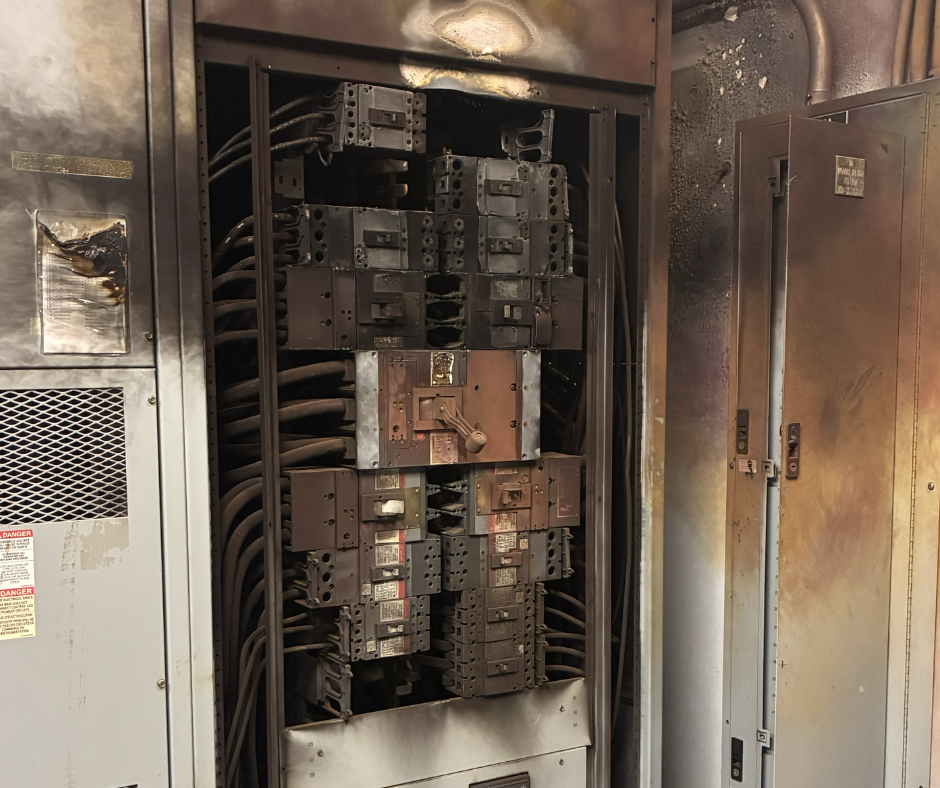On June 16, Governor Rick Scott signed a bill which allows patients with severe epilepsy and other significant ailments to use a strain of high-cannabidiol (CBD), low-tetrahydrocannabinol (THC) marijuana, nicknamed “Charlotte’s Web,” to help treat their condition. The specific strain of marijuana is not for smoking: instead, users put an oil extract under their tongue.
The bill passed a few months before Florida citizens’ November voting on Amendment 2, which would legalize medical marijuana in Florida. Presidential professor David Courtwright confirmed that Amendment 2 has nothing to do with the recent selective legalization of Charlotte’s Web.
According to the amendment a “Debilitating Medical Condition” means cancer, glaucoma, positive status for human immunodeficiency virus (HIV), acquired immune deficiency syndrome (AIDS), hepatitis C, amyotrophic lateral sclerosis (ALS), Crohn’s disease, Parkinson’s disease, multiple sclerosis, or other conditions for which a physician believes that the medical benefits of marijuana would likely outweigh the potential health risks for a patient.
Courtwright said people in the marijuana industry are salivating for Amendment 2 to pass. A poll conducted by Gravis Marketing shows support for Amendment 2 among the electorate at 50%. To pass, Amendment 2 would need 60% of the vote.
David Jaffee, professor of sociology at UNF, said there’s nothing radical about what’s going to happen in Florida if the amendment passes. “We’re not exactly on the cutting edge of progressive legislations,” said Jaffee. There are already 21 states that have medical marijuana laws.
“Many Republican legislators, in voting for this particular bill, made it clear they oppose Amendment 2,” said Courtwright. This also includes current Governor Rick Scott.
According to the most recent Gallup poll, 58% of Americans think that marijuana should be legalized — that number has more than tripled since 1969.
Jaffee thinks the amendment has a very good chance of passing. “It’s ironic that there are people incarcerated for possession of something that’s now legal for medical purposes,” he said.
Recently, Tallahassee has outlined the regulation of growers regarding the already-passed legislation involving Charlotte’s Web. There will only be five licenses issued to marijuana dispensaries in the state, one for each region. According to a draft rule released by the Department of Health on Wednesday, these licenses could be given out based on a lottery.
The requirements for the nurseries that growers can use are as follows: they must have been doing business in Florida for at least 30 years and producing at least 400,000 plants. According to the Florida Department of Agriculture and Consumer Services, 41 nurseries meet that criteria.
The cost of a license is $150,000 and the cost of a performance bond is $5 million. Applicants for the license would be required to be open at least 30 hours per week between the hours of 7 a.m. and 10 p.m. The rule would ban the sale of edibles as well. The complete list of proposed rules can be found here.











